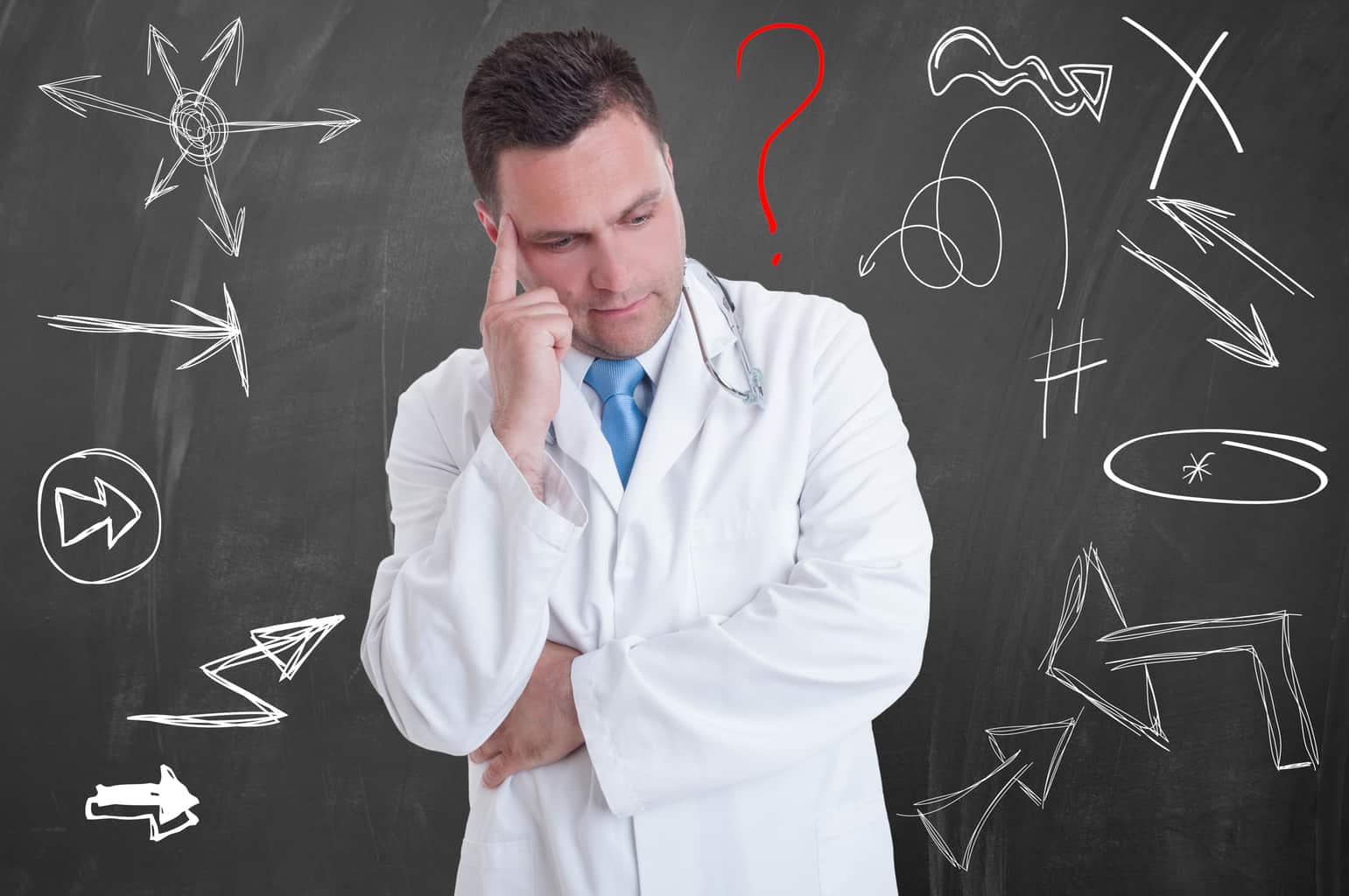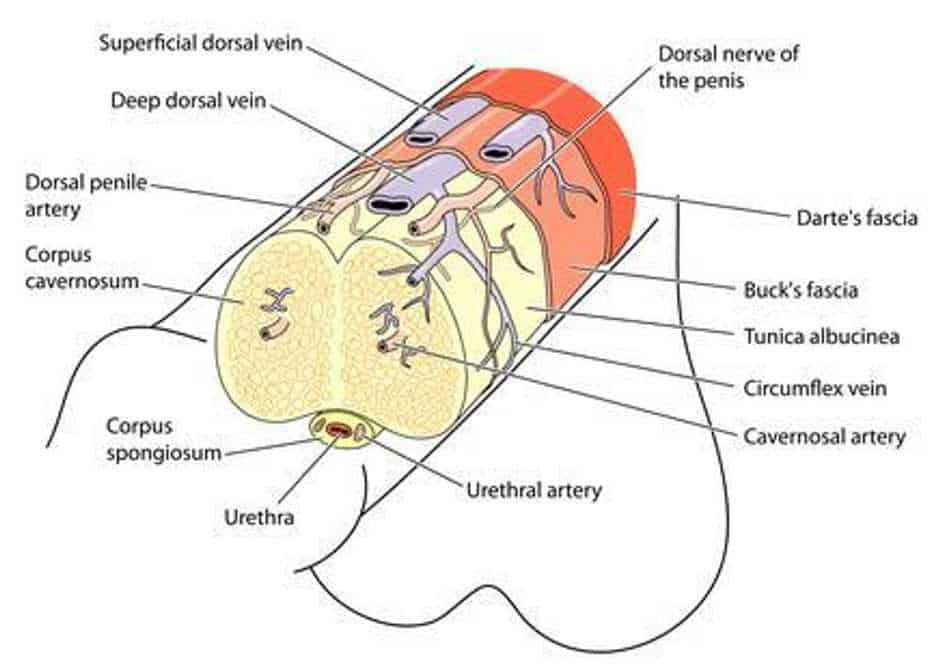
[cmamad id=”16325″ align=”center” tabid=”display-desktop” mobid=”display-desktop” stg=””]
Zika, herpes, flu…men just rub this on and viruses literally disappear into thin air…
—–Important Message——
Here’s how to recover your testicles and testosterone even if you’ve had sexual performance problems for a long time…
I discovered a simple little brew that you drink in the morning and it can double your testosterone and wake your penis up.
The sun won’t be the only thing that rises in the morning…you will have amazing, youthful, impressive erections.
This simple little brew fixes a penis that may have the plaque build-up that prevents ANY decent erections…

————-
Doctors can’t explain why this kills viruses so well
Have you ever asked your doctor why they don’t provide you with an antibiotic for an infection?
If it’s a viral infection, the doctor might tell you that antibiotics only treat bacterial infections.
They have no effect on viral infections, right?
Well, a new study proves that at least one type of antibiotic is also antiviral.
This antibiotic (neomycin) can fight flu, herpes, and Zika viruses.

A team at Yale University led these experiments and published them in the journal Nature Microbiology.
The study involved experiments with cell cultures and with live mice.
In one experiment, the researchers treated normal lab mice with antibiotics for a couple of days before infecting them with viruses.
[cmamad id=”16326″ align=”center” tabid=”display-desktop” mobid=”display-desktop” stg=””]
Scientists found that prior topical application with the antibiotic neomycin created a type of viral resistance.
“We show that topical application of the antibiotic increased resistance to viral infections including herpes simplex, influenza and Zika virus.”
They applied the antibiotic treatment a few days before exposing the mice to the viruses.
They stopped the antibiotic treatment 24 hours before exposing the mice to viruses.
This antibiotic had the same antiviral effect in human cell cultures.
“Antibiotic treatment also reduced viral replication in primary human cells.”
As antibiotics are typically known to affect bacteria, the scientists wanted to find out if this antibacterial effect was related to the antiviral protection.
So they tested the topical antibiotic treatment in mice that did not have exposure to any bacteria.
These specially-bred germ-free mice do not even have gut bacteria.
The germ-free status of the mice did not impact the antiviral effect of the topical antibiotics.
It seems that the antiviral effect is independent of any impact on bacteria.
“This antiviral activity was independent of the microbiota because antibiotic treatment protected even germ-free mice.”
The antibiotic provided protection against multiple viruses.
“The antibiotic increased resistance to a broad range of viral infections including herpes simplex viruses, influenza A virus and Zika virus.”
This type of antiviral effect from antibiotics has not been seen before.
The study authors believe it could provide broad protection against many viruses.
“These results highlight an unexpected ability of aminoglycoside antibiotics to confer broad antiviral resistance in vivo.”
The scientists began to investigate the mechanism of how the antibiotic provided antiviral protection.
They found that the antibiotic up-regulates proteins that are involved in fighting and preventing viruses.
“Analysis uncovered a marked upregulation of transcripts for interferon-stimulated genes following antibiotic application.”
Interferon-stimulated genes lead to increased proteins that block viral replication.
The antibiotic was triggering a natural viral defense mechanism.
Scientists found decreased levels of viruses in animals that had been treated with antibiotics.
The animals also showed lower levels of symptoms associated with these viral infections.
These are very early findings. And the safety of this type of treatment is not yet known.
The scientists believe that the antibiotic triggers viral defenses by mimicking a viral infection.
The antibiotic triggers a receptor in the immune cells and this leads to an antiviral response.
There are many things that could go wrong by creating a false viral infection signal with antibiotics.
This whole concept requires much more research before its safety profile in humans is known.
Viral infections can be very tricky to deal with.
Antiviral treatments are unreliable and usually very risky. Some of the most useful antiviral treatments carry great risk to the internal organs.
The antibiotic used here is called neomycin and it has been around since the late 1940s.
Like many antibiotics, it can cause severe allergic responses in some people.
Neomycin can also cause hearing loss and balance problems in a number of people.
Nevertheless, this discovery about neomycin may lead to safer and more effective antiviral treatments.
You should see a healthcare practitioner for diagnosis and treatment of infections.
Antivirals and antibiotics carry serious risks.
—–Curious about never getting sick? Important Message—–
“Could you tell me about your disease history?” Harvard Professor Dr. Leaf asked the old man.
Dr. Leaf said, “This hospital file of yours is only one page long…all it has is your birth certificate and that’s it. Tell me about your health history.”
This man was one of hundreds – maybe thousands of men – over 100 years old.
“Have you ever been in the hospital?” asked Dr. Leaf.
The man said, “Yes, the day I was born. That is the only time.”
“I was never sick or in need of medical attention.”
If you want this kind of immunity from diseases and viruses, you can have it right now…

————


Leave a Reply